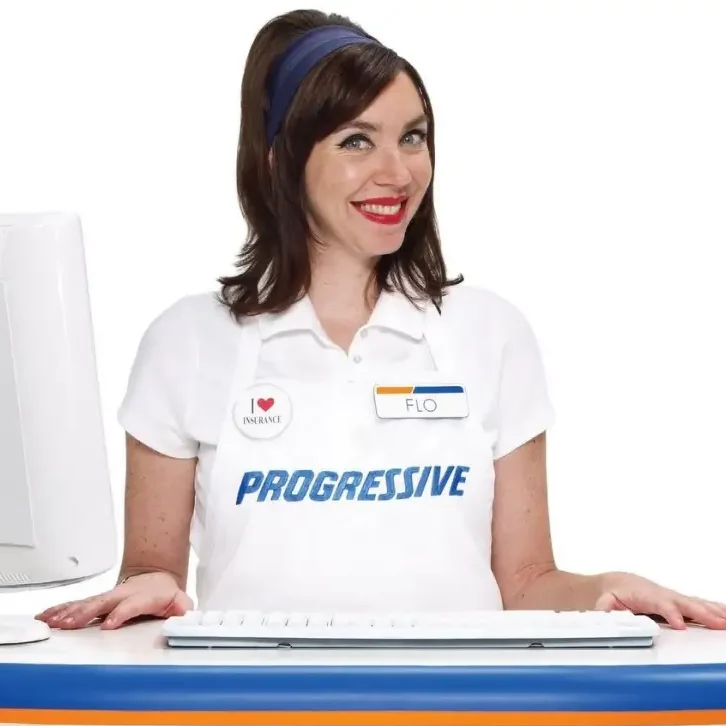"The Grand Ole Opry, one of the longest-lived and most popular showcases for western music, begins broadcasting live from Nashville, Tennessee on November 28, 1925. The showcase was originally named the Barn Dance, after a Chicago radio program called the National Barn Dance that had begun broadcasting the previous year."
More at The Grand Ole Opry begins broadcasting | November 28, 1925 | HISTORY
Among other facts, "The WSM producers recognized that Americans were growing nostalgic for the rural past, so all live performers at the Grand Ole Opry were required to dress in period costumes and adopt old-time names."
More at The Grand Ole Opry begins broadcasting | November 28, 1925 | HISTORY
Among other facts, "The WSM producers recognized that Americans were growing nostalgic for the rural past, so all live performers at the Grand Ole Opry were required to dress in period costumes and adopt old-time names."


